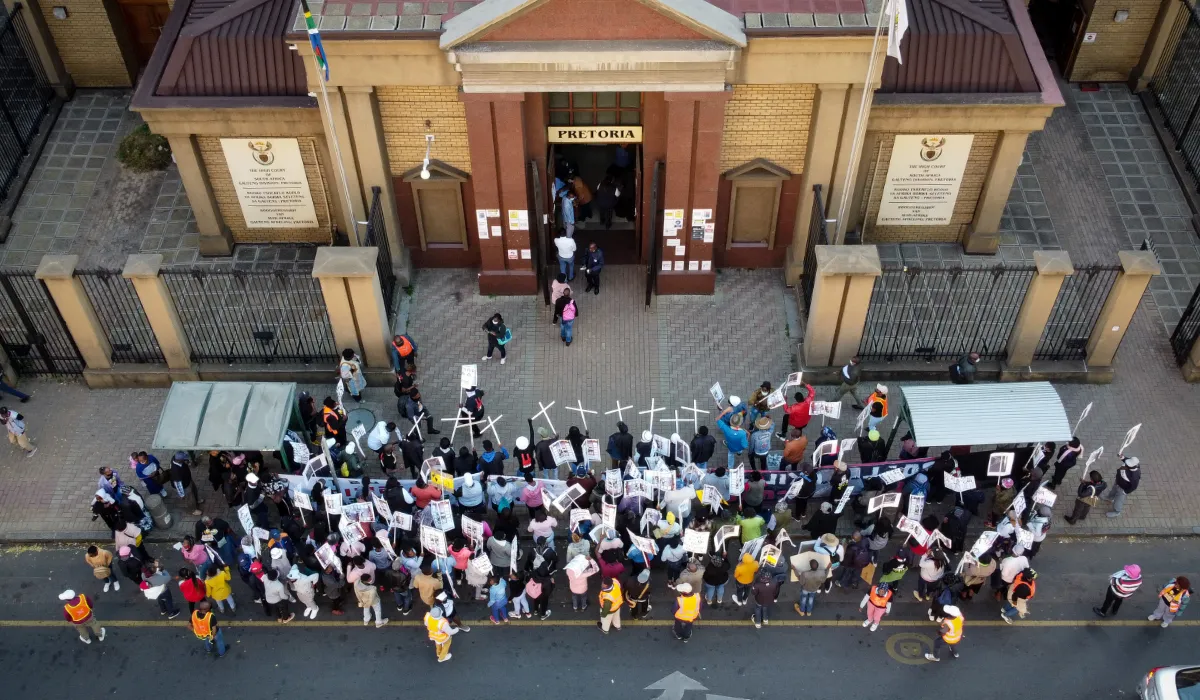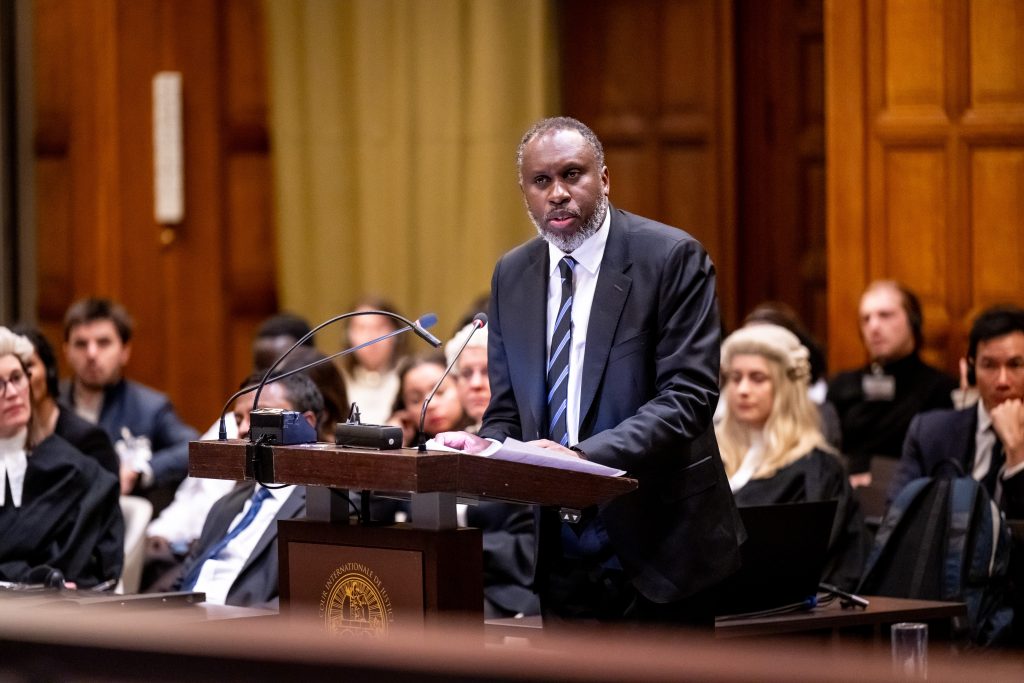We spoke with Nicole Loser, a seasoned climate litigator from South Africa, about the African litigation horizon and the successes and challenges in bringing a climate case. She highlights how reframing what we define as a climate case reveals more activity on the continent, the human element of strategic litigation, and some of the trends to watch.
Tell us about some of the cases you have worked on in the past and your previous roles.
I spent eight years working as an attorney at the Centre for Environmental Rights (CER) in South Africa, where my work was largely composed of litigation and legal advocacy to oppose proposed new coal-fired power stations and related energy planning. Initially it was litigation work on behalf of community-based organisations and NGOs to oppose coal projects that were proceeding under South Africa’s coal base load independent power producers procurement programme. I also worked on cases relating to health and air quality that had indirect climate impacts. This evolved into work with a team of lawyers challenging Environmental Impact Assessments (EIAs) that had been undertaken for coal-fired power projects, and constitutional challenges to decisions around energy planning and the extent to which South Africa’s electricity plan (the IRP) made provision for new coal fired power. One of the more well-known cases I worked on is the Thabametsi case brought on behalf of Earthlife Africa, where the court found that a climate change assessment is a critical component of an EIA, especially for coal fired power projects. I left the CER in 2023, and have since been working more regionally, supporting lawyers in their legal opposition and legal advocacy work on environmental and climate justice issues, and supporting challenges to proposed fossil fuel projects within various African countries.
Many cases you worked on before were a form of strategic climate litigation. I am curious about what this approach entails and what makes it successful?
By “strategic climate litigation”, we mean cases that are intended to advance climate action and which change the bigger picture. For example, cases where you are seeking to compel a government to commit to certain greenhouse gas emission reduction targets or particular climate change commitments or where you’re trying to set precedents that confirm the status quo on the human rights impacts of climate change. It can also entail challenging particular projects to stop them from going ahead. These challenges often bring about reputational risks for the companies that are seeking to implement risky fossil fuel projects, and it can escalate public awareness of the harm of fossil fuel developments. It can often be strategic to litigate even if you know the case is difficult to win, because it has the potential to set the wheels of change in motion.
Normally strategic climate change cases are centred within larger campaigns where you are working with activists and communities and NGOs on a particular public interest issue. Many lawyers will know that when you’re launching a case, you’re seeking a particular remedy from the court, which is often quite narrow and confined to particular legal points. Strategic litigation often forms part of a bigger picture campaign that seeks to address a broad climate and/or social issue – trying to avoid locking into new coal power developments that will have long-standing impacts to the health and well-being of today’s youth and future generations, for example. It’s really about something much bigger and more impactful.
What is also really important in strategic litigation, is telling a story through your litigation or bolstering and supporting your litigation with stories, with human voices. It’s important to bring in the human element, not only for the court, but also for the public narrative around a case. Because these cases are about real lives and real people and people who are affected by decisions that governments and corporations make.
I’ve read so many articles about the status of climate litigation in Africa and the lack of cases. Do you think this is a fair assessment, or are we seeing more? Is it a definitional and accounting issue?
Yes the question of why we are not seeing the same groundswell of climate cases in Africa has been discussed a lot. There are differing opinions on this and it also is attributable to a variety of factors and reasons, the first of which is this point that you’ve mentioned. When we talk about climate litigation, what exactly do we mean? Typically climate litigation is very much being defined and moulded by the North, where a lot of cases have been brought and a majority are mitigation focused. This is rightfully so, because the developed world is responsible for the majority of historic greenhouse gas (GHG) emissions. It makes sense that those kinds of cases are playing out and succeeding in the northern hemisphere, whereas the picture in the southern hemisphere is quite different. That’s not to say that we aren’t seeing mitigation cases, but the context is different given that Africa is only responsible for less than 4% of global GHG emissions – it is the continent with the fewest emissions globally. At the same time, a number of African countries face a variety of socio-economic and political challenges, which are often prioritised over issues of climate change and emission reductions. Taking into account the concept of fair share – that each country must bear its fair share of emissions reduction obligations based on historic emissions, socio-economic circumstances and capability for mitigation, it makes sense that we aren’t seeing the same kinds of cases on the African continent simply because Africa is not really the landscape where those kinds of systemic mitigation focused cases are going to play out at scale. South Africa is potentially an exception given historically it had, and currently it has, very high GHG emissions.
It is also a categorisation issue. Some academics and experts, such as Prof Tracy-Lynn Field have written on how we need to take a different perspective and approach to the way we categorise climate cases. This is so especially within Africa where the focus should be on climate risk as opposed to mitigation. This would mean looking at cases that seek to challenge decisions or plans that would pose climate risks to people, such as impacts on water scarcity for drought or extreme weather events, or impacts on health and pollution caused by governments or corporations. When one shifts the focus and looks at matters dealing with these types of impacts, you’ll see that there are in fact quite a number of cases in Africa that address issues that are linked to climate change (cases focusing on access to water or land; or cases focusing on the health impacts of certain industrial activities). They don’t necessarily mention climate change at all, but they do have an indirect or direct correlation to climate change issues – issues which will be exacerbated as the impacts of the climate crisis intensify on the continent.
Many of the cases within the African continent have a more human rights focus, a focus on access to land, a focus on access to natural resources and impacts that relate to climate risks, but don’t necessarily have the word climate change in the judgment. This means they are often not being reported as climate cases even though they have climate relevance.
There is also potentially a record keeping or access to data challenge here. For example, there just isn’t electronic data for many local courts within African countries, and the court papers don’t often make their way onto easily accessible sharing platforms, nor are they in English or languages that are easy to translate. There is potentially a wealth of relevant jurisprudence playing out in local courts throughout Africa that we simply haven’t seen or accessed.
There are also other challenges around litigation and bringing cases to the courts within Africa. One of them is funding. As we know, litigation is expensive and requires dedicated time and resources. Often communities who are facing climate change related or environmental justice challenges simply don’t have the resources to bring their cases to court, and many of the lawyers who would be able to bring them don’t always have the luxury of being able to litigate pro bono. There are also challenges around safety and security. We’ve seen many examples of activists and lawyers who are often threatened when they speak out or seek to challenge particular projects or decisions. The environment for litigating isn’t always safe in a number of countries within Africa. And then of course there is also the question around the need for a functioning and independent judiciary in order to make litigation worthwhile, and that also isn’t the case in every country within the continent. Even if you do have a functioning judiciary, you want your judgement to be implementable and in many instances, you see good judgements coming out, but the state does not have the resources, the means or the ability to implement them, and judgments go unimplemented with little to no consequence.
Those are all such good points, particularly around how we define a case and whether it counts because it has climate relevance.
I’m constantly finding new cases that I didn’t know about. Just this morning, I was reading a judgement in a Zambian case where a community tried to stop a development in an environmentally sensitive area, which was also a catchment that provides approximately 40% to 50% of Lusaka’s water. The court found in favour of the community, saying that the project would pose significant risks to the environment and also to current, present and future generations. This is very clearly a climate, climate risk and climate resilience case. And yet we don’t see it reported on any other climate databases. I think a lot of work needs to be done to go through what is out there and to look at reframing climate litigation, particularly in the global south around climate risk.
There seems to be in the last couple of years an explosion of so-called “novel cases” of climate litigation around shareholders holding boards to account for fraud or greenwashing, and a lot of litigation against carbon majors, or cases around loss and damage. Do you think that there are particularly novel forms or types of litigation that we should be looking into as a continent more or should we be focusing on the easy wins?
When it comes to vulnerability to climate impacts and challenging decisions and proposed projects within Africa that would exacerbate this vulnerability, I think there is a much stronger legal argument to be made from a risk to human rights perspective, than trying to bring in mitigation and GHG emission reduction arguments.
I think we will be seeing a lot of challenges to proposed projects on the continent, particularly, to proposed oil and gas offshore exploration and production projects, and big power projects, whether they be from gas, nuclear, or hydrogen. There is a lot to be said for arguments in those cases around the extent to which they exacerbate the vulnerability of communities and the environment to the impacts of climate change and socio-economic impacts, where these projects pose threats to fragile livelihoods and would lock countries into risky infrastructure, likely to become stranded in coming years. For example, offshore oil and gas projects: what do those mean for fishing communities and their livelihoods and their dependence for food security on fishing? These are the kinds of things that we’re seeing happening in Mozambique and Senegal for example, where large portions of the marine environment on the coastline are now being earmarked for oil and gas development where there are communities that are dependent on fishing or tourism in those areas. Certainly, the climate risk angle is particularly important when we look at what is being planned and proposed for Africa, as a continent that is extremely vulnerable to climate impacts.
Another really important consideration is energy security. As a continent, energy access is a priority. At the same time, we are also seeing major opportunities to develop clean energy as a solution to the energy crisis, but these opportunities are not being fully realised. Renewable energy deployment on the African continent is woefully underfunded.. However fossil fuel companies are using the need for energy access to their advantage and proposing projects that are not necessarily benefiting communities, in the longer term from an economic, health and climate perspective. We could feasibly be seeing more legal advocacy work to remove barriers to clean energy and essentially try to promote policy planning, law reforms that can really enable clean energy development within the continent, in a way that provides people with access to cheap, clean energy and addresses climate change.
On loss and damage, I do think that it is potentially going to be more and more of an issue, particularly within Africa where a lot of climate harms are manifesting and governments do not have the resources to respond and appropriately repair the damages. We have not yet seen any loss and damage cases in Africa, although it may well happen in the near future and potentially against a carbon major in the North, in circumstances where the carbon majors bear a significant portion of the responsibility for the climate harms that are manifesting and intensifying in Africa.
There is also the possibility of relying more on the regional courts within Africa. Some are quite critical of these forums because of the length of time they take and they don’t necessarily always result in the best judgements. The First Instance Division of the East African Court of Justice which recently ruled against a challenge to the East African Crude Oil Pipeline (EACOP), is one example. That said, we could be looking for more opportunities in relying on regional African courts, particularly in circumstances where a community lacks an independent or reliable judiciary in their country. We are also seeing a lot of requests for advisory opinions in international courts and forums, for example the advisory opinion request that is currently before the International Court of Justice. That Court may make findings in relation to the obligations of states in relation to climate change. Whatever comes out of the ICJ could be useful for African states that potentially want to claim reparations for climate harms that they are suffering against some of the high-emitting countries.
It is very challenging for affected communities to find the resources, the time and the expertise to proceed with a climate case. Do you have any insights on navigating some of these challenges?
Each country has its own specific challenges and issues, and I can speak more to the South African context. Fortunately there are a number of NGOs and small funding organisations that exist to provide exactly this kind of support, such as the Centre for Environmental Rights which is based in South Africa, and Natural Justice which also has a presence in various African countries. The Southern African Litigation Centre is another good regional legal organisation. There are also small organisations like the Environmental Justice Fund that exist in South Africa only, that provide funding to communities to strengthen their environmental justice work and for capacity building.
There are a number of coalitions and collectives that communities and civil society organisations can join, which could help for solidarity and collaboration – to overcome some of the isolation that can exist for communities or groups facing climate-related challenges. These include the Climate Justice Coalition in South Africa and, for lawyers in Africa, the recently established Environmental Lawyers Collective for Africa. Another initiative that’s recently been established is the Just Energy Transition African Initiative, which is an initiative that seeks to provide support to lawyers but also to communities, to municipalities, to groups that are wanting to work on advancing clean energy throughout Africa.




